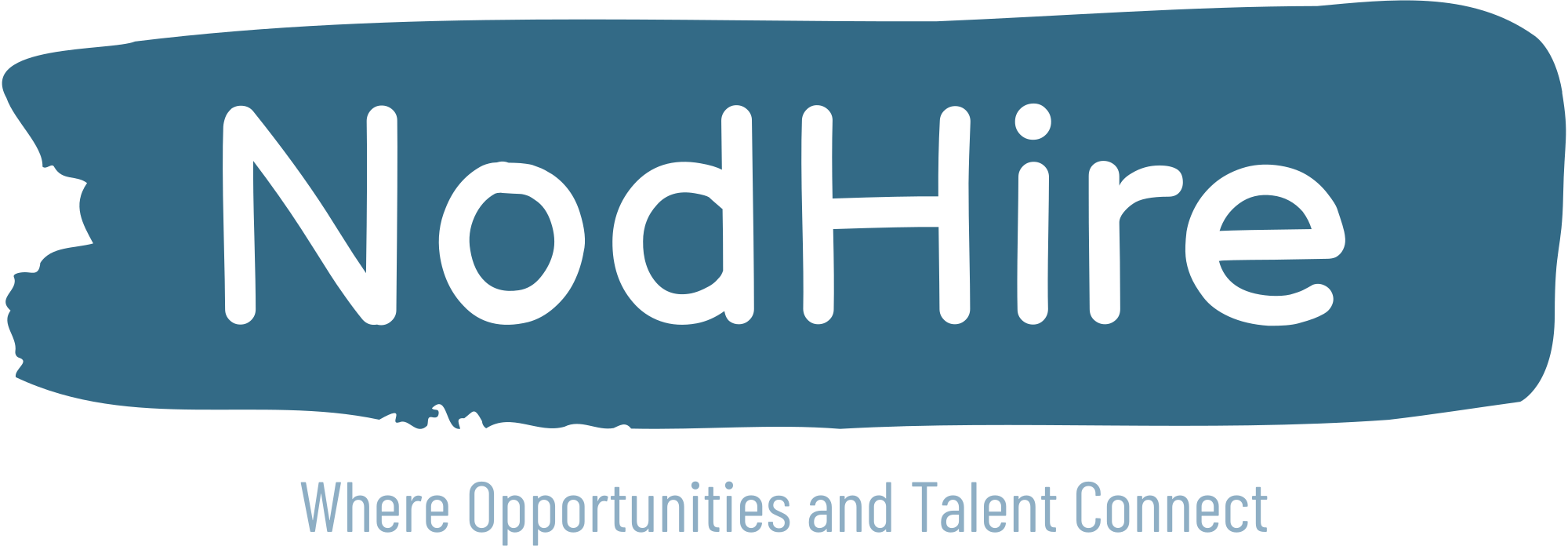Network Like a Pro: Mastering the Art of Professional Networking
Networking is an essential skill for career growth and development. Building and maintaining professional relationships can open doors to new opportunities, provide valuable industry insights, and enhance your career trajectory. Whether you are a seasoned professional or just starting, mastering the art of networking can significantly impact your career success. This guide provides actionable tips and strategies to help you network like a pro and leverage your connections effectively.
1. Develop a Strategic Networking Plan
To network effectively, start with a strategic plan. Identify your networking goals, such as finding job opportunities, gaining industry knowledge, or connecting with potential mentors. Create a list of key individuals or groups you want to connect with and determine the best methods for reaching them. A well-thought-out plan helps you focus your efforts and make meaningful connections.
2. Build a Strong Online Presence
In today’s digital age, having a strong online presence is crucial. Ensure your LinkedIn profile is updated with your latest experiences, skills, and accomplishments. Engage with industry-related content, join relevant groups, and connect with professionals in your field. Active participation on social media platforms helps you stay visible and positions you as a knowledgeable and engaged professional.
3. Attend Industry Events and Conferences
Industry events and conferences are excellent opportunities for networking. Attend events related to your field to meet like-minded professionals, learn about industry trends, and engage in meaningful conversations. Prepare in advance by researching the attendees, speakers, and topics. Be proactive in initiating conversations and exchanging contact information with individuals who share your professional interests.
4. Leverage Informational Interviews
Informational interviews are a powerful networking tool. Reach out to professionals in your industry and request a brief meeting to learn more about their career paths, roles, and experiences. Prepare thoughtful questions to guide the conversation and express your genuine interest in their insights. Informational interviews can help you build relationships and gain valuable advice on advancing your career.
5. Follow Up and Maintain Relationships
Effective networking doesn’t end with the initial meeting. Follow up with the individuals you connect with by sending a personalized thank-you note or email. Keep in touch regularly by sharing relevant articles, updates, or simply checking in. Maintaining relationships is key to building a strong professional network and ensuring that your connections remain engaged and supportive.
6. Offer Value to Your Network
Networking is a two-way street. To build strong relationships, focus on offering value to your network. Share helpful information, provide referrals, or offer assistance with projects or challenges. By contributing positively to others’ careers, you create a foundation of trust and reciprocity, which enhances your professional reputation and strengthens your connections.
7. Join Professional Organizations and Groups
Professional organizations and groups provide valuable networking opportunities. Join associations related to your field to access exclusive events, resources, and networking platforms. Participate actively in meetings, webinars, and online forums to connect with industry leaders and peers. Being an active member helps you stay informed and engaged within your professional community.
8. Utilize Networking Apps and Tools
Networking apps and tools can streamline your efforts and help you manage your connections more effectively. Explore platforms like LinkedIn, Shapr, or Meetup to find networking events, connect with professionals, and track your interactions. Use these tools to organize your contacts, set reminders for follow-ups, and stay updated on industry news and opportunities.
9. Practice Effective Communication Skills
Strong communication skills are essential for successful networking. Be clear and concise when introducing yourself and explaining your professional background. Practice active listening to show genuine interest in others’ experiences and perspectives. Effective communication fosters meaningful connections and ensures that your interactions are positive and memorable.
10. Be Authentic and Genuine
Authenticity is key to building lasting relationships. Be yourself and approach networking with a genuine interest in connecting with others. Avoid coming across as insincere or overly transactional. Building authentic relationships based on mutual respect and shared interests will result in a more meaningful and supportive professional network.
Conclusion
Mastering the art of professional networking requires a strategic approach, effective communication, and a genuine interest in building meaningful relationships. By developing a strategic plan, leveraging online platforms, attending industry events, and offering value to your network, you can enhance your career prospects and create a robust professional network. Networking is not just about making connections but also about nurturing and maintaining those relationships to support your career growth and success.
